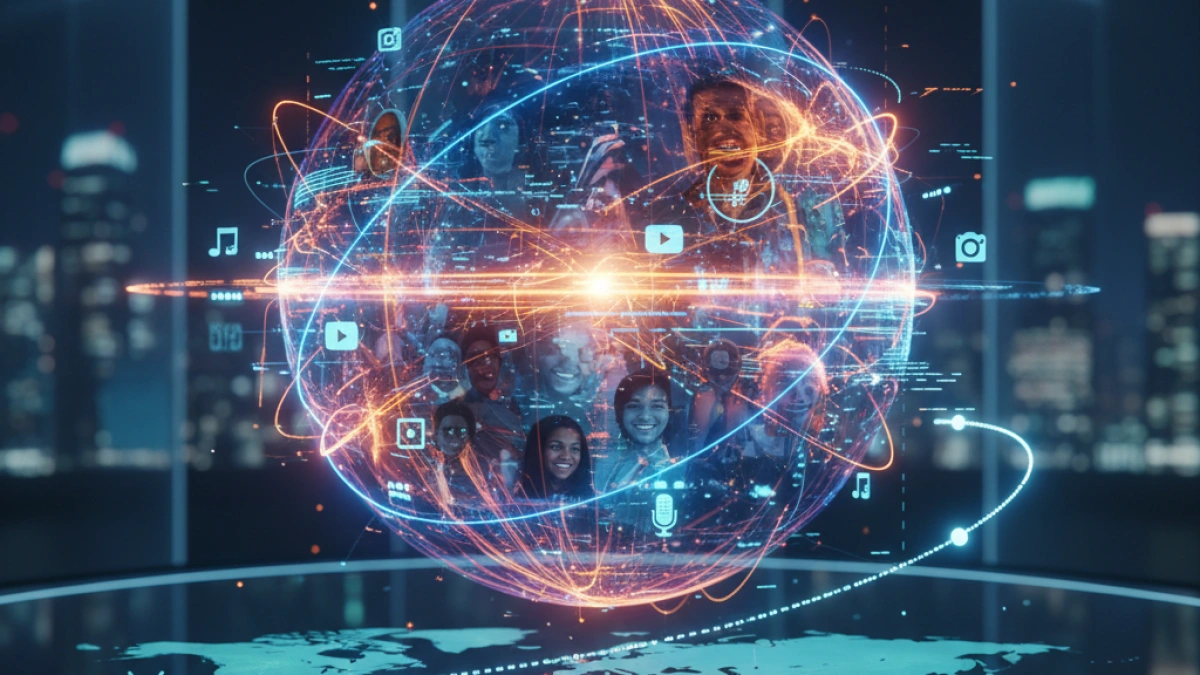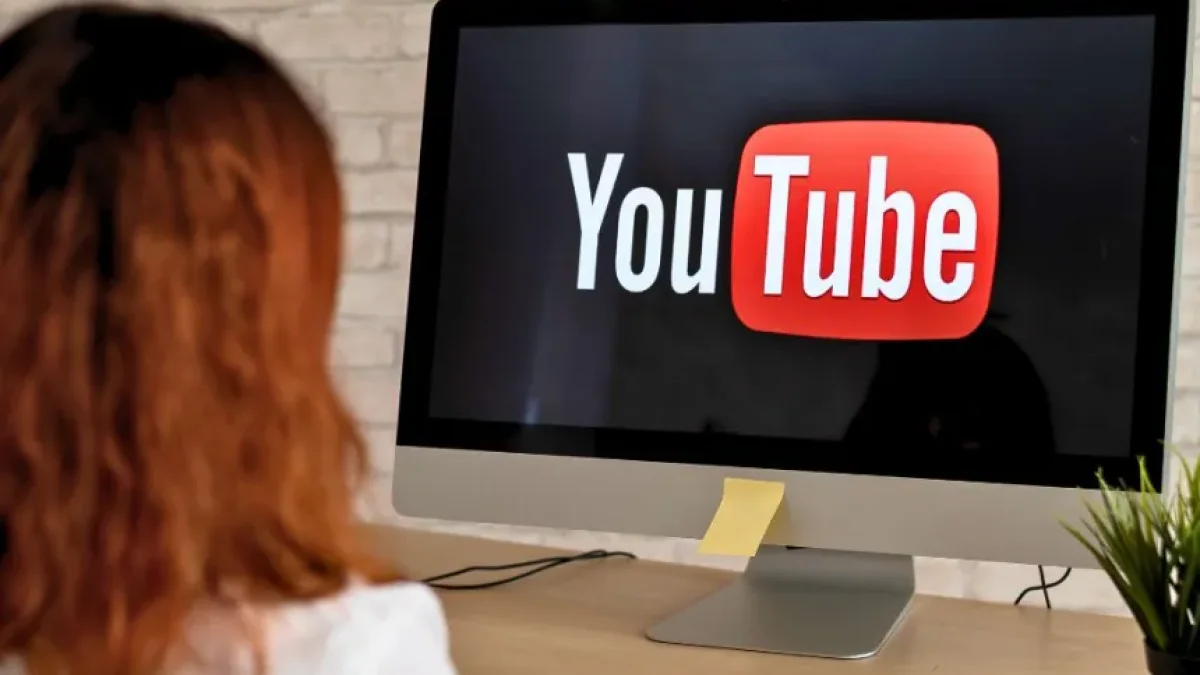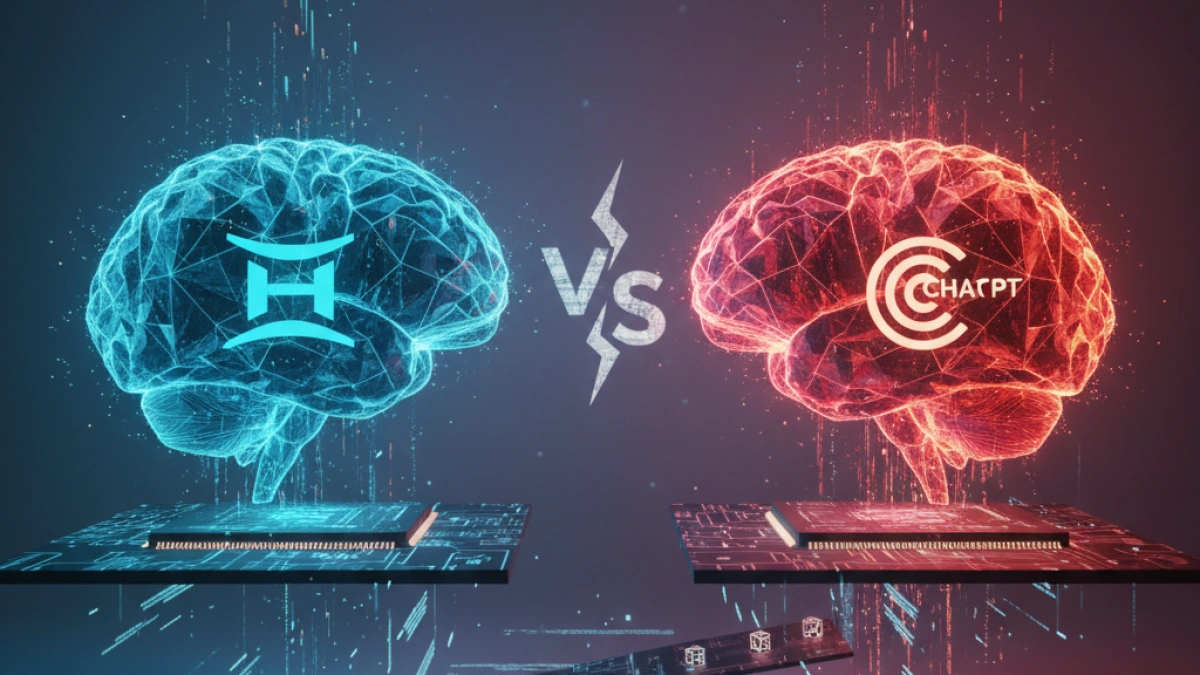The revolutionary impact of YouTube since 2005 on global media


Since its launch in 2005, YouTube has evolved from a simple video-sharing platform to a fundamental pillar in the way audiovisual content is consumed and created worldwide. With over 2.5 billion monthly active users, its influence ranges from entertainment to education and communication, marking a significant turning point in global media.
The Emergence of YouTube: An Unexpected Turn
On February 14, 2005, three former PayPal employees, Chad Hurley, Steve Chen, and Jawed Karim, registered the domain YouTube.com. The trio's initial idea was to create a platform for sharing video clips of personal ads, aimed at helping users find partners through videos that were too large to be sent via email. However, this concept failed to attract expected interest, and in an unexpected turn two months later, they decided to redirect the platform to an open space for all types of audiovisual content.
The first video uploaded to the platform, titled "Me at the zoo," created by Jawed Karim on April 23, 2005, is 18 seconds long, showing the creator in front of the zoo's elephants, commenting on their long trunks. To this day, this simple clip has accumulated over 348 million views, marking the beginning of a revolution in the way content is consumed and created.
In a short span of time, YouTube's popularity grew exponentially, capturing the attention of leading technology companies. On October 9, 2006, Google acquired the platform for $1.65 billion, a purchase that not only affirmed YouTube's status as a key player in the digital ecosystem but also provided it with the necessary resources for expansion.
Read also
Transformation of Content: The Democratization of Creation
YouTube has transformed how people consume information, but perhaps its most significant contribution is the democratization of content creation. The platform has allowed anyone with a camera and internet access to become a creator and potentially reach a global audience, challenging traditional structures of television and film.
The Rise of "YouTubers"
In its early days, YouTube users shared videos with no profit intention. However, the introduction of the YouTube Partner Program (YPP) in 2007 allowed creators to monetize their content through advertising. This laid the groundwork for the professionalization of content creation, transforming "YouTubers" into true media enterprises capable of diversifying their income through sponsorships, product sales, and memberships. Today, being a YouTuber has established itself as a viable profession within an industry that reaches multimillion-dollar figures.
Citizen Journalism: A New Approach to Information
YouTube has also become a crucial platform for citizen journalism, enabling ordinary individuals to report events in real-time from different parts of the world. This access has facilitated the dissemination of user-generated content during natural disasters, political events, and social protests, offering perspectives that are often ignored or filtered by traditional media. This new dynamic has transformed the relationship between audiences and media, creating a more collaborative dialogue in the creation and consumption of news.
Read also
A Revolution in the Music Industry
The platform has also revolutionized the music industry, providing artists with a promotional tool that transcends geographic boundaries. YouTube has become a fundamental space for discovering new talents, with music videos reaching extraordinary view counts. A clear example is "Despacito," performed by Luis Fonsi featuring Daddy Yankee, which stands as one of the most-watched videos in the platform’s history.
A New Paradigm in Entertainment
With the rise of YouTube, traditional media have seen their influence diminish, especially among younger generations. The authenticity, direct interaction in comments, and closeness that creators establish with their audience have created bonds that traditional media often fail to achieve. Additionally, the platform has evolved to compete with video-on-demand services, incorporating features like YouTube Shorts, designed to rival TikTok, and a growing integration into smart TVs, which already represent 30% of the platform's revenue.
Looking to the Future: Artificial Intelligence and Ethical Challenges
YouTube continues to be in a constant state of innovation. Artificial intelligence (AI) is emerging as a key area for its future, with tools that allow creators to generate visual and audio content, as well as automatically dub their videos into other languages to broaden their reach.
However, this proliferation of capabilities also presents critical challenges. YouTube must tackle ongoing issues related to misinformation, hate speech, and copyright protection. Ethics and the veracity of content are highly relevant topics in an environment where virality can distort the perception of reality.
From the first 18-second video in a zoo to becoming the epicenter of digital content, YouTube is a clear example of how a bold idea can redefine communication, entertainment, and culture on a global scale.
We invite you to continue exploring this fascinating topic and more on the blog.



















